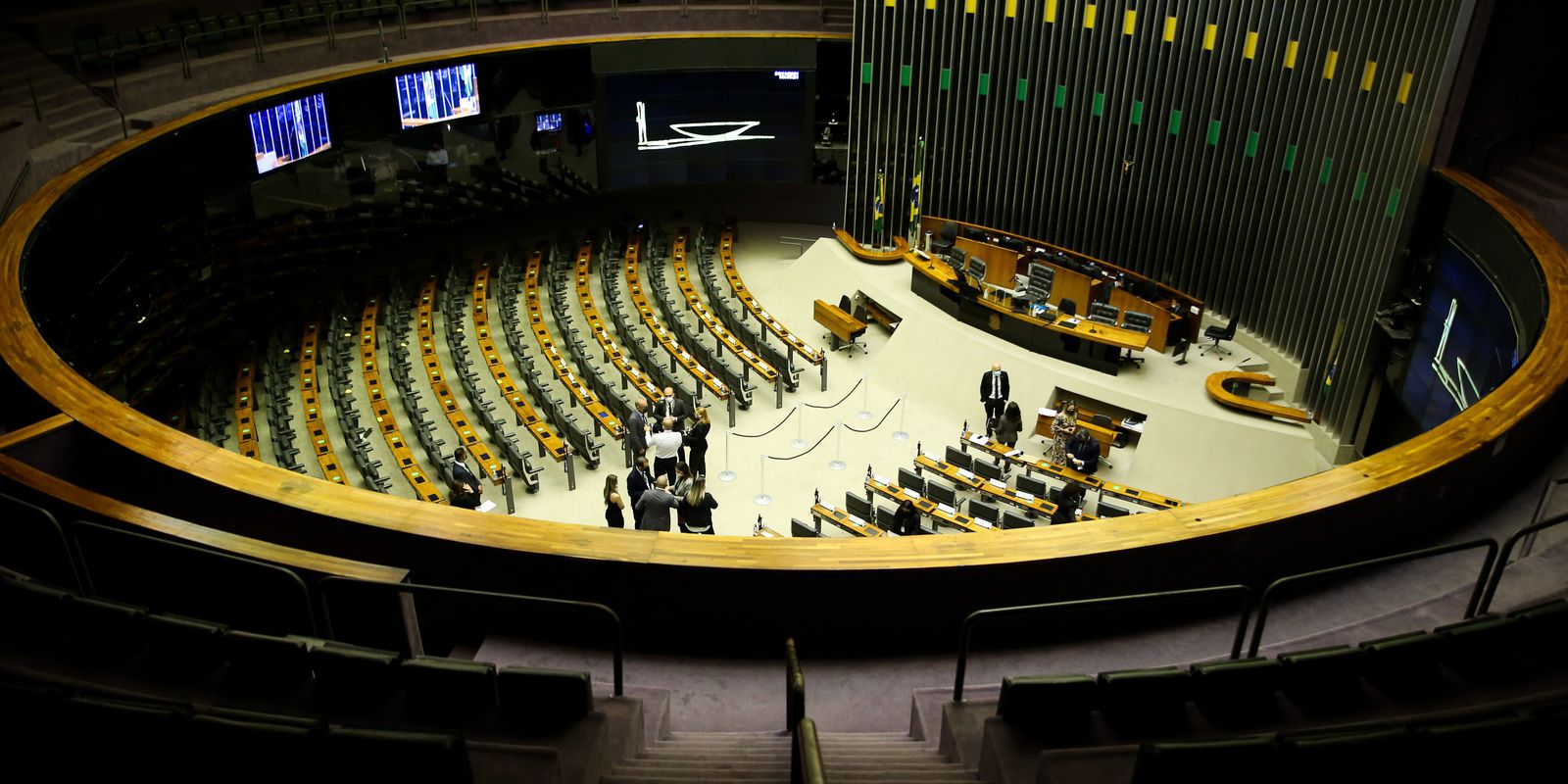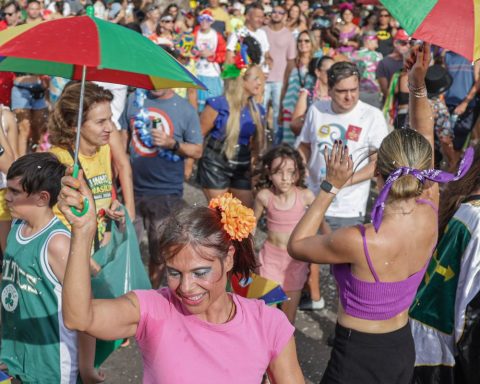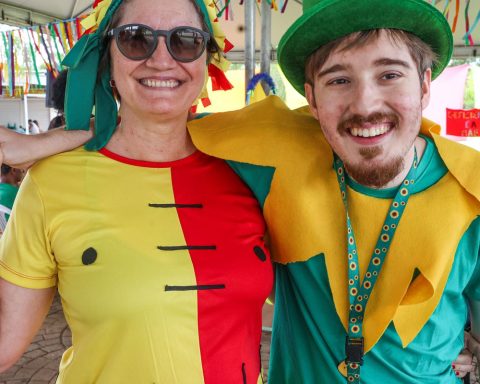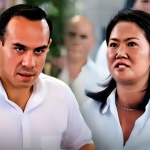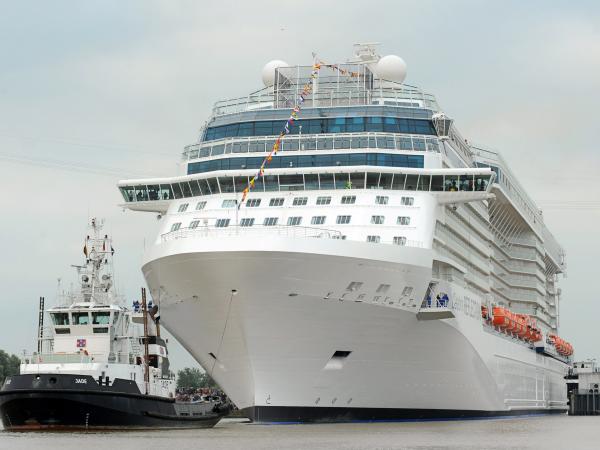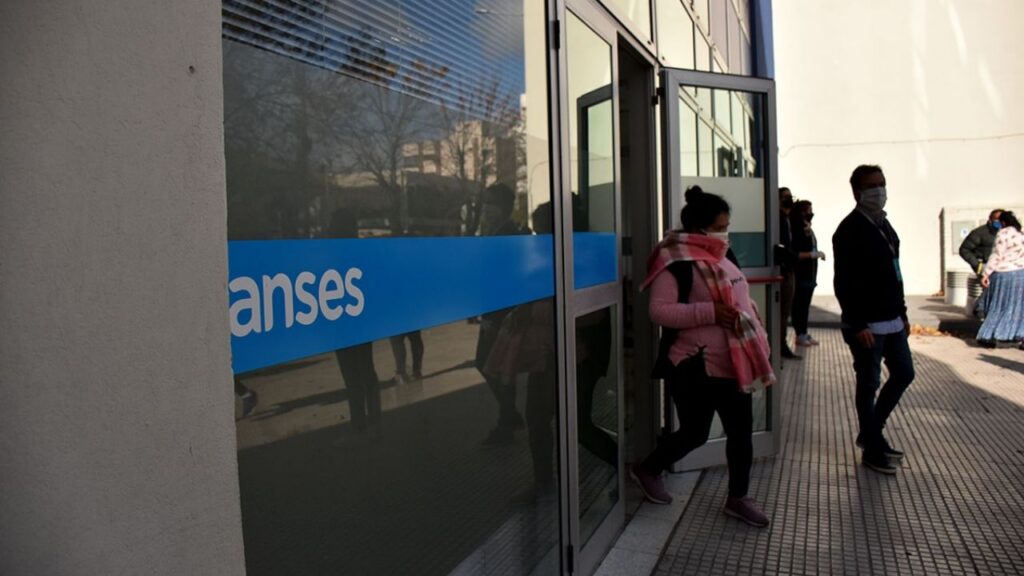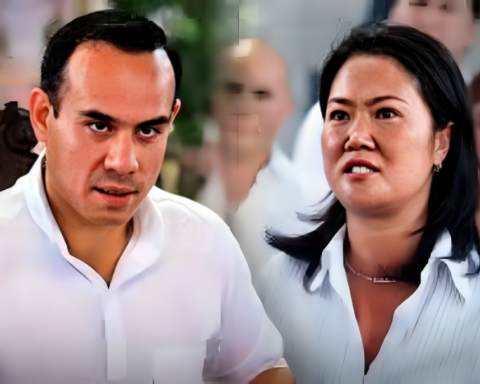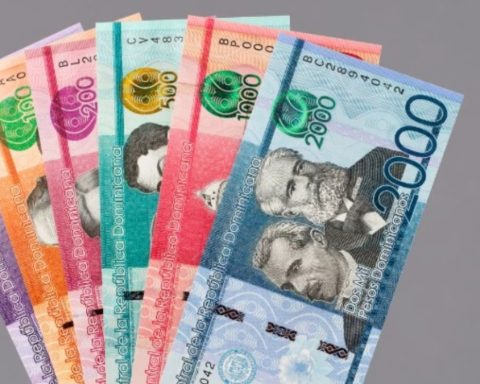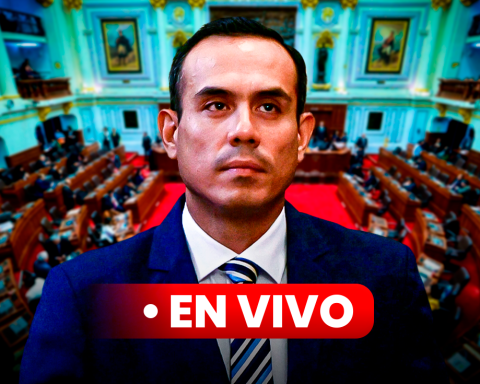The Chamber of Deputies concludes today (24) the vote on the Bill (PL) 442/91 that legalizes gambling in Brazil, such as casinos, bingos, electronic betting, federal and state lottery games, animal games and online in permanent or for a specific period. The deputies rejected the highlights presented to the text, including the one that provided for a 30% taxation for this type of activity. The text now goes to the Senate for analysis.
Among other points, the project creates a tax levied on the Contribution for Intervention in the Economic Domain on the commercialization of gambling games, the so-called Cide-jogos, to be charged from the gross revenue of companies, at a rate of 17%. For individuals who win prizes, the project determines that a fee of 20% is charged on net income, which will be deducted from the net gain.
In addition, the bill also says that any other tax or charge that may be levied on “invoicing, income or profit arising from the exploitation of games and betting” is prohibited.
The rate of only 17% was criticized by parliamentarians during the vote on the highlights of the text. The PT highlighted the increase in the collection percentage to 30%, with the argument that the change was a matter of tax justice, since the other sectors of the economy, such as industry, commerce, services and agriculture, are encumbered by all taxes levied on profit, revenue and payroll, in addition to taxes levied on circulation of goods and provision of services.
Debate
“A worker who earns around R$ 4.7 thousand reais pays 27.5% of income tax, without considering the taxes embedded in his own consumption. We have, here in Brazil, almost 60% of taxes on cachaça due to the risk that this product runs and now we want to make a process that the contribution of the games is only 17%?”, questioned the deputy Erika Kokay ( PT-DF).
The project’s rapporteur, Felipe Carreras (PSB-PE) rebutted the criticism and defended the rate, with the argument that companies that explore games should be taxed with the same percentage applied to the entertainment sector, which is, on average, of 16.3%.
“If so we understand that the gaming activity is entertainment. So, the tax burden of the game is above what is currently charged from the entertainment sector. We compare 1kg of rice with the entertainment sector. The ticket to the cinema and buy a bag of beans”, defended Carreras.
Deputy Marcelo Ramos (PSD-AM) replied and said that one of the characteristics of tax law is to collect tax selectively, with higher rates for activities with greater impact and lower rates for less harmful activities. For the deputy, the maintenance of the low rate will transform Brazil into a gaming paradise.
“No one compares taxation on beer and on water. In the same way you can’t compare about movie tickets or about the game. One of the characteristics of this type of tax is its selectivity. In other words, the most harmful activities pay more taxes so that the less harmful ones pay less taxes”, he argued. “Establishing a contribution of intervention in the economic domain of only 17% will transform Brazil into a tax haven for games, because the whole world adopts 30%, 40%, 50%”, he criticized.
Even with the criticism, the deputies rejected the increase in the rate by 255, against 166 and six abstentions. Another highlight rejected by the deputies was the one that prohibited the construction of casinos within 20 km of environmental protection areas, beaches and regions occupied by traditional populations.
Project
Approved yesterday (23), the project base text determines that, among other measures, which casinos can be installed in resorts, ships and cities classified as centers or tourist destinations.
The text says that it will be released by state or in the Federal District: a casino for states with a population of up to 15 million inhabitants; two establishments for those with a population between 15 and 25 million inhabitants; and a maximum of three establishments per state or in the Federal District, when the population is greater than 25 million. The proposal also prohibits the same group from owning two casinos in the same state and more than five in the entire national territory.
In locations classified as tourist centers or destinations, the installation of a casino will be allowed, regardless of the population density of the state in which they are located. The text also says that a tourist casino cannot be located less than 100 km away from any casino integrated into a leisure complex.
In relation to ships, the text allows the operation of casinos on river vessels, one for each river with 1,500 km to 2,500 km in length; two for each river with a length between 2,500 km and 3,500 km; and three per river with a length greater than 3,500 km. These vessels may not be anchored in the same location for more than 30 consecutive days, and the concession may be for up to ten establishments.
In the case of bingo, the text allows its exploitation on a permanent basis only in bingo houses, jockey clubs or in football stadiums, and occasional bingo games are prohibited, unless carried out by philanthropic, religious and Santas Casas entities to raise funds for its maintenance.
For bingos, the text determines that 1 bingo is limited to every 150 thousand inhabitants, limited to 400 video bingo machines per establishment and authorizes the operation in stadiums with a capacity of over 15 thousand fans. Likewise, tourist entities will be able to explore bingo and video-bingo games.
For Jogo do Bicho, the license, on the part of those who want to explore the game, will be preceded by a paid-in capital of R$ 10 million and a reserve of resources in guarantee for payment. It should be noted that the number of licenses will be subject to population criteria, that is, for every 700,000 inhabitants, one license may be granted in each unit of the federation.
The text says that, if after 12 months of validity of the future law there is no regulation, the provisional operation of video bingo, bingo and animal game will be authorized throughout the national territory until the regulation is released.
In the case of the exploitation of games in electronic marketing channels, via the internet, mobile telephony, mobile computing devices or any other authorized digital communication channels, the text says that they are authorized by means of accreditation with the Ministry of Economy.
In addition to releasing the games, the proposal also opens the possibility for states to explore lottery games. In this case, it will be up to the states to regulate the operation of the state lottery and the animal game, whose exploitation has already been licensed by the Union.
The activities will be monitored by the “National Gaming and Betting System”, which will be integrated by a regulatory and federal gaming and betting supervisory body; gambling and betting operators; tourist entities; accounting auditing companies; gaming and betting performance auditing companies registered with the federal regulatory and supervisory body and self-regulatory entities of the gaming and betting market registered with the federal regulatory and supervisory body.
